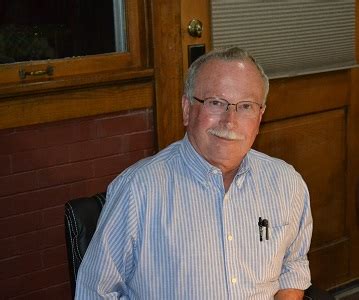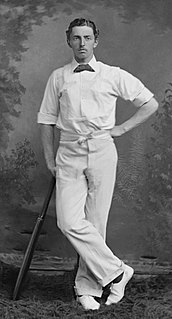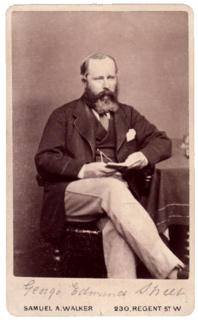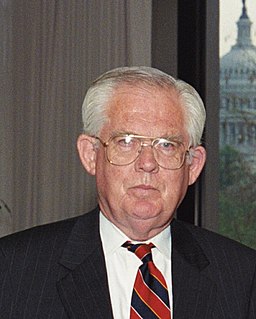A Quote by Michael Tanner
Forget the state concerns -- we think this is bad for churches. Most churches are small and not ready to handle 500 pages of government red tape.
Related Quotes
The churches that are growing and thriving are churches that I would call evangelical and orthodox for the most part in their beliefs. They are churches that tend to evangelize ... and encourage their people to share their faith. These are the churches that are actually growing. The ones that are shrinking are the ones that are compromising and watering down what the word of God says.
But I must add that the U.S. government must not, as by this order, undertake to run the churches. When an individual, in a church or out of it, becomes dangerous to the public interest, he must be checked; but let the churches, as such take care of themselves. It will not do for the U.S. to appoint Trustees, Supervisors, or other agents for the churches.
Most of what I have seen, the churches that are growing are the best are those that are nondenominational. But I don't think it's because they are nondenominational. I think that there's a certain method by which they go about reaching out to people that are not as traditional as your mainland churches generally do.
We do it all the time, we legislate taste. We do it with the tax code. Churches and children get a tax break, because it's assumed that we all agree that we want to encourage churches and children. I don't. I don't. That's my opinion. I don't want to encourage either churches or children, and it's a very bad idea to put them together.
What James Madison and the other men of his generation had in mind when they wrote the First Amendment was that there should be no official relationship of any character between government and any church or many churches, and no levying of taxes for the support of any church, or many churches, or all churches, or any institution conducted by any of them.
I don't have any complaints about homosexuals being married in a civil ceremony. But I don't think that the government ought to require religious organizations, churches, should perform marriages between homosexuals if a local congregation decides otherwise. I believe in the autonomy of individual churches.
Our government has become too responsive to trivial or ephemeral concerns, often at the expense of more important concerns or an erosion of our liberty, and it has made policy priorities more dependent on where TV journalists happen to point their cameras. . . . As a nation we have lost our sense of tragedy, a recognition that bad things happen to good people. A nation that expects the government to prevent churches from burning, to control the price of bread or gasoline, to secure every job, and to find some villain for every dramatic accident, risks an even larger loss of life and liberty.


































